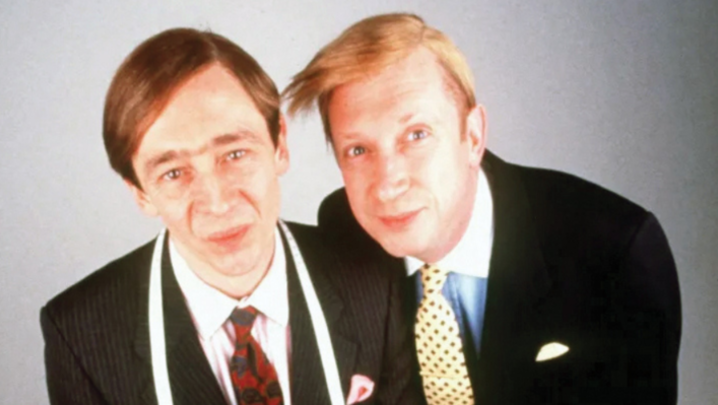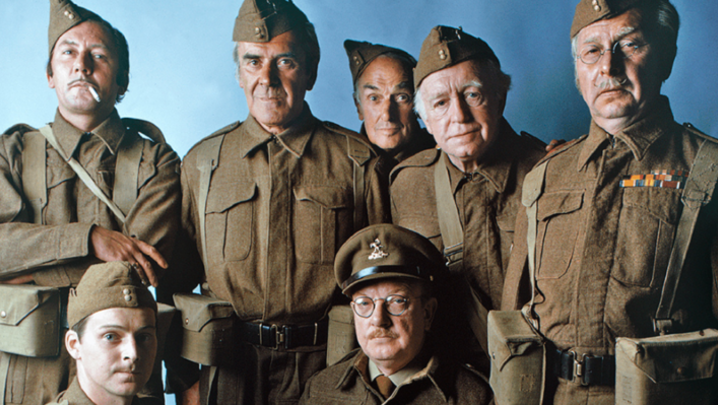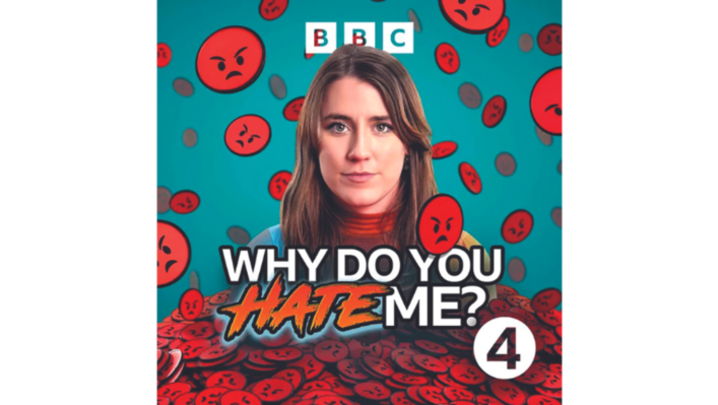Kirsty Wark salutes the power of documentary storytelling and has a close encounter with organised crime
It’s the party season but, rather than the usual dry sausage rolls and even drier quiche, BBC Scotland’s catering team pulled out the stops for the celebration of 10 years at PQ – that’s Pacific Quay to the uninitiated – on the River Clyde.
I have a love-hate relationship with the building. I love the architect, David Chipperfield, but the vast liner on the Clyde has often felt rather austere and underpopulated.
We made The Review Show there and, most memorably this year, it was the best and most modern-looking part of the BBC’s general-election night.
At the bash, Steve Morrison, the new BBC board member for Scotland – or is that BBC Scotland’s member on the unitary board? – took us through his early career at BBC Radio Scotland…. a path that, rather spookily, I followed six years later.
Donalda MacKinnon, the director of BBC Scotland, set out her huge ambition to transform the corporation’s services in Scotland and to the world, partly via the BBC’s new TV channel in Scotland.
She then introduced the new man who’s going to deliver it… all the way from BBC Northern Ireland, ladies and gentlemen, please welcome Steve Carson. He has the vision, the drive, and, hopefully, he has a few Bitcoins to make the figures work.
I’ve been working on a BBC documentary (which will go out on BBC Two Scotland early in the New Year) on a writer who deserves to be in the pantheon of great 20th-century novelists, but who has never had the wide recognition of, say, John Updike.
He, incidentally, admired her, describing her as “one of the few writers on either side of the Atlantic with enough resources, daring and stamina to be altering as well as feeding the fiction machine”.
Muriel Spark, whose centenary in February is already being celebrated with a wonderful exhibition at the National Library of Scotland, has loyal and devoted fans all over the world.
But I hope that our BBC documentary may spark (sorry) fresh interest in her mordant, ruthless, whip-cracking, word-snapping books, from The Prime of Miss Jean Brodie to my favourites, The Girls of Slender Means and A Far Cry from Kensington.
I can hardly believe that, when I studied Scottish literature at Edinburgh University in 1973, she was not on the reading list! She was simply a brilliant, economic wordsmith who happily killed her characters at will, and enjoyed the moniker “the genteel assassin”.
She was also incredibly stylish and adored expensive clothes and fine jewellery. Fishing through her wardrobes at the house where she lived in Italy for many years before her death in 2006, I came upon a perfect brown velvet hat, complete with a net veil.
I remembered that she wrote a poem about hats, and that it was by the tilt of their hats that the five girls of the Brodie Set were identified. She was never one to waste anything. How Scottish of her.
Earlier, I hosted a BBC event at Bafta to herald the BBC’s big international organised-crime drama series, McMafia, starring James Norton. Naturally, I thought they’d asked me because it was Scottish and set in Scotland, home of quite a lot of organised crime. But I was wrong on the first two counts.
It’s based on Misha Glenny’s non-fiction book of the same name and, although anchored in London, it is a truly thrilling, violent but emotionally engaging and moving story of international crime, connecting London, Russia, India and Israel and more.
The performances are terrific. I can’t think of a better thing to do on New Year’s Day than to make a date with McMafia. Oh and the title is a nod to McDonald’s – it’s everywhere.
It’s Bafta screener season and at the weekend my husband, Alan Clements, and I watched the gripping, horrifying LA 92, an entirely archival, observational documentary, with a lot of unseen footage, which goes a long way to explaining why America has such a bad recent history in race relations.
It also reinforces my view that documentary often beats fictionalised storytelling. Think Senna, Blackfish and even the controversial Trophy. They just make a more lasting impact.
Kirsty Wark is a television journalist and presents BBC Two’s Newsnight.






